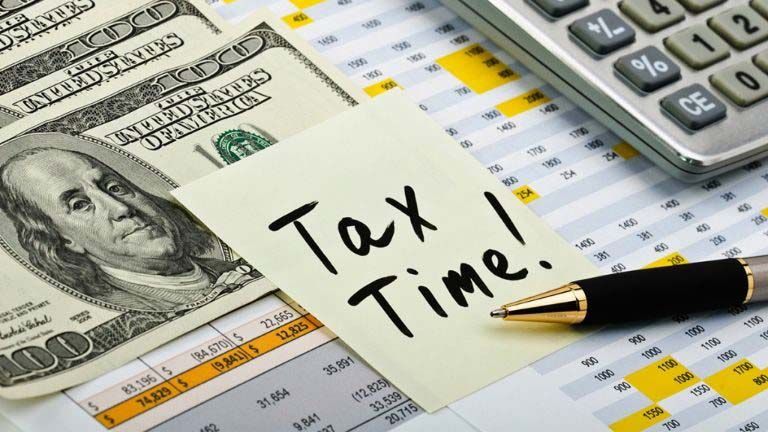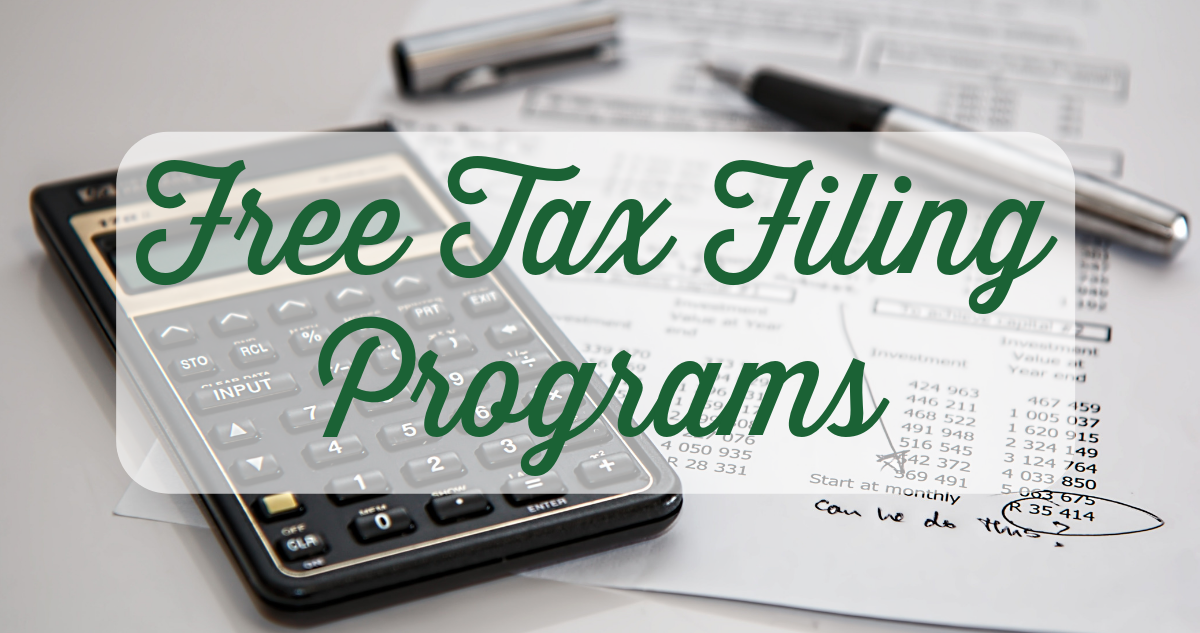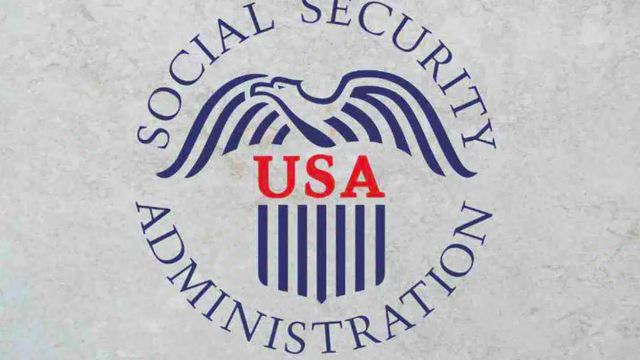The Internal Revenue Service (IRS) is set to revolutionize tax filing with the introduction of its new online tool, Direct File, scheduled for the 2024 tax season. As part of a pilot program, Direct File aims to provide taxpayers with a streamlined and user-friendly experience, complete with step-by-step guidance and real-time support. The tool is positioned as a significant leap forward in simplifying the tax filing process, offering an alternative to existing options.
Pilot Program Details:
Direct File will debut in a staggered rollout, initially catering to government employees in specific states. The participating states in the first wave include Arizona, California, Florida, Massachusetts, Nevada, New Hampshire, New York, South Dakota, Tennessee, Texas, Washington state, and Wyoming. This phased approach allows for a controlled introduction of the new system and facilitates adjustments based on user feedback.
During the pilot phase, eligibility will also depend on the complexity of the federal tax return. Taxpayers with straightforward returns will have access to Direct File, while those with more intricate financial situations, involving itemized deductions, additional income from gigs or businesses, and certain tax credits, may need to wait for broader eligibility.
The IRS plans to gauge the success of the pilot program and, based on its performance, expand access to private sector employees in the 12 participating states by March. The inclusion of private sector employees reflects the IRS’s commitment to making Direct File accessible to a diverse range of taxpayers.

Read more:
- California Lawmaker Proposes Speed Limit Technology to Curb Road Deaths
- Tragedy Strikes as Young Dancer Dies from Mislabeling of Peanuts in Cookies
- New Concealed Carry Law Denied by Another Northern California Count
- U.S. Takes Action to Safeguard Whales Around Offshore Wind Farms
Built-In House for Maximum Flexibility:
Direct File distinguishes itself from existing options by offering a comprehensive solution developed entirely in-house by an IRS team comprising tax experts, product managers, software engineers, designers, and data scientists. Unlike traditional free filing services, Direct File has no income ceiling, providing flexibility for individuals across various income brackets to benefit from the tool.
The development of Direct File aligns with the IRS’s commitment to modernize and enhance the taxpayer experience. By creating an intuitive and efficient online tool, the IRS aims to empower taxpayers with a reliable and cost-effective option for filing their federal tax returns.
Addressing Fee Concerns:
The launch of Direct File comes at a time when taxpayers are increasingly frustrated with the fees associated with third-party tax filing services. In a recent ruling, the Federal Trade Commission (FTC) found that popular tax software company TurboTax deceived customers by labeling one of its products as the “Free Edition.” The FTC determined that most taxpayers did not meet the qualifications for free filing with TurboTax, highlighting the need for transparent and accessible alternatives.
Direct File is poised to provide relief to taxpayers by offering a genuine free filing service without income restrictions. The IRS’s commitment to delivering a tool developed in-house demonstrates a dedication to ensuring taxpayers have access to a straightforward and cost-effective solution for their tax filing needs.
Conclusion:
As Direct File enters the tax landscape, it represents a significant stride toward a more accessible, efficient, and transparent tax filing process. The phased rollout, starting with government employees in specific states, allows the IRS to fine-tune the tool based on user experiences and feedback. The eventual inclusion of private sector employees further expands the reach of Direct File, positioning it as a versatile option for taxpayers with varying financial situations.
Direct File’s introduction reflects the IRS’s proactive approach to modernizing tax services, providing taxpayers with an alternative that aligns with contemporary expectations. The pilot program marks the beginning of a new era in tax filing, emphasizing user-friendly interfaces, real-time support, and a commitment to addressing the concerns raised by taxpayers in the current tax ecosystem.














+ There are no comments
Add yours